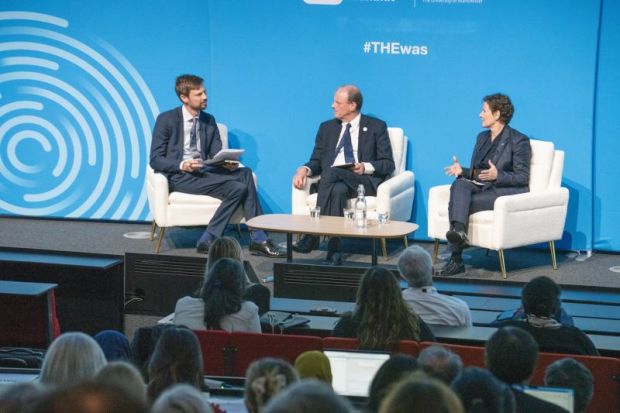Radical proposed changes to the Research Excellence Framework (REF) must be examined closely to allay concerns they will reintroduce game-playing and exclude early career scholars and technicians, say experts who have welcomed a year-long delay to the exercise.
Announcing that the REF results day will now occur in December 2029, the REF team drew attention to the “complexities” for universities in “using Hesa [Higher Education Statistics Agency] data to determine REF volume measures” and “fully breaking the link between individual staff and institutional submissions”.
Under new proposals, institutions will no longer provide lists of researchers submitting outputs to the next REF but will instead declare their number of research-active staff to Hesa, with the tally used to determine the volume of outputs submitted by each unit of assessment. As in 2021, institutions will need to submit 2.5 outputs for every full-time equivalent researcher, although there will be no minimum or maximum number of outputs per researcher.
The new process of how “volume-contributing staff” should be identified and declared to Hesa is, however, too vague and open to misrepresentation, argued Emiliya Lazarova, head of the University of East Anglia’s School of Economics, who heads the Royal Economic Society’s body for university economics departments.


